Zhou Xiaoming, Former Deputy Permanent Representative of China’s Mission to the UN Office in Geneva
Nov 29, 2024
Sacrificing others is no answer when seeking to save oneself. But the EU is doing just that: It is willing to sell out China to gain the favor of incoming U.S. President Donald Trump and maybe avoid Trump’s tariffs. It won’t work.
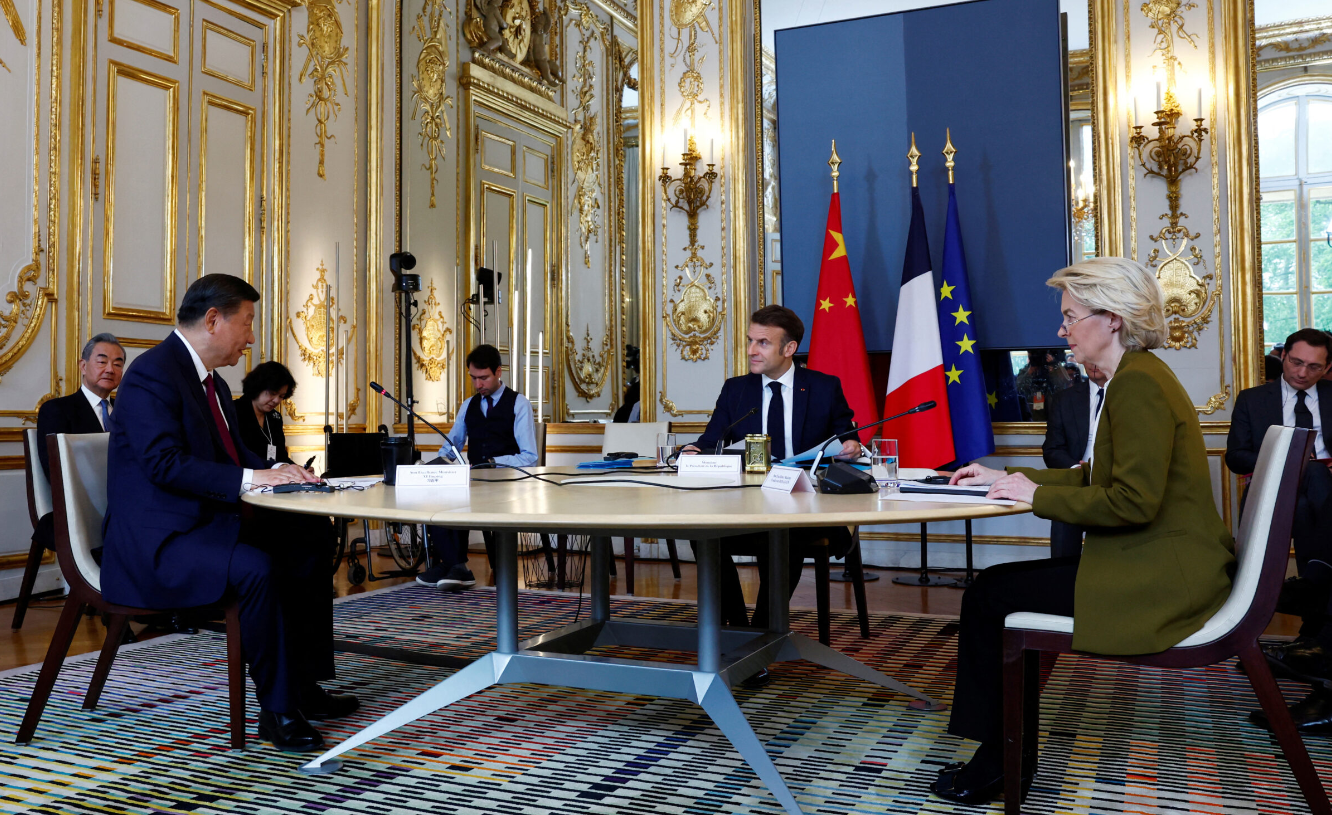
Brian Wong, Assistant Professor in Philosophy and Fellow at Centre on Contemporary China and the World, HKU and Rhodes Scholar
Sebastian Contin Trillo-Figueroa, Geopolitics Analyst in EU-Asia Relations and AsiaGlobal Fellow, The University of Hong Kong
Oct 18, 2024
The European Commission's new leadership, under President Ursula von der Leyen's second term, is shifting toward a more assertive stance on China, amid internal political shifts and overlapping bureaucratic roles. Without a coherent ‘U.S.-China policy,’ Europe risks deepening internal divisions and weakening its ability to assert strategic autonomy between the U.S. and China.
Brian Wong, Assistant Professor in Philosophy and Fellow at Centre on Contemporary China and the World, HKU and Rhodes Scholar
Jul 31, 2024
The recent snap elections in France have complicated the country's foreign policy, particularly towards China. With the rise of both the far-right National Rally and the left-wing New Popular Front, France's stance on China is increasingly uncertain, as diverging views within these factions challenge President Macron's strategic autonomy and complicate Sino-French relations at a critical juncture.
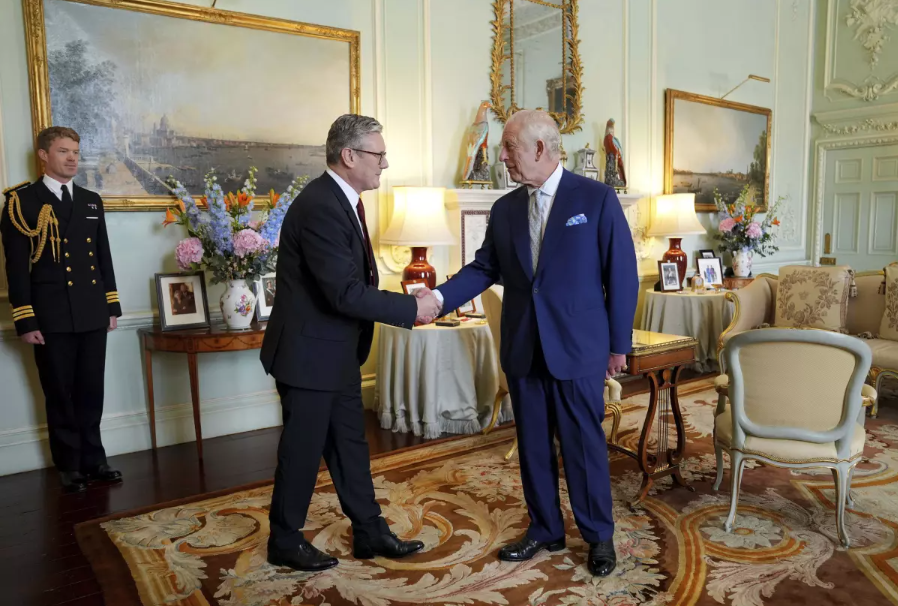
Brian Wong, Assistant Professor in Philosophy and Fellow at Centre on Contemporary China and the World, HKU and Rhodes Scholar
Jul 26, 2024
Britain’s recent change in leadership will test its ability to navigate its relationship with a powerful China - both an important trading partner and formidable foe on the global stage. As one of the West’s preeminent powers, the UK must move with sound strategy to achieve its goals.
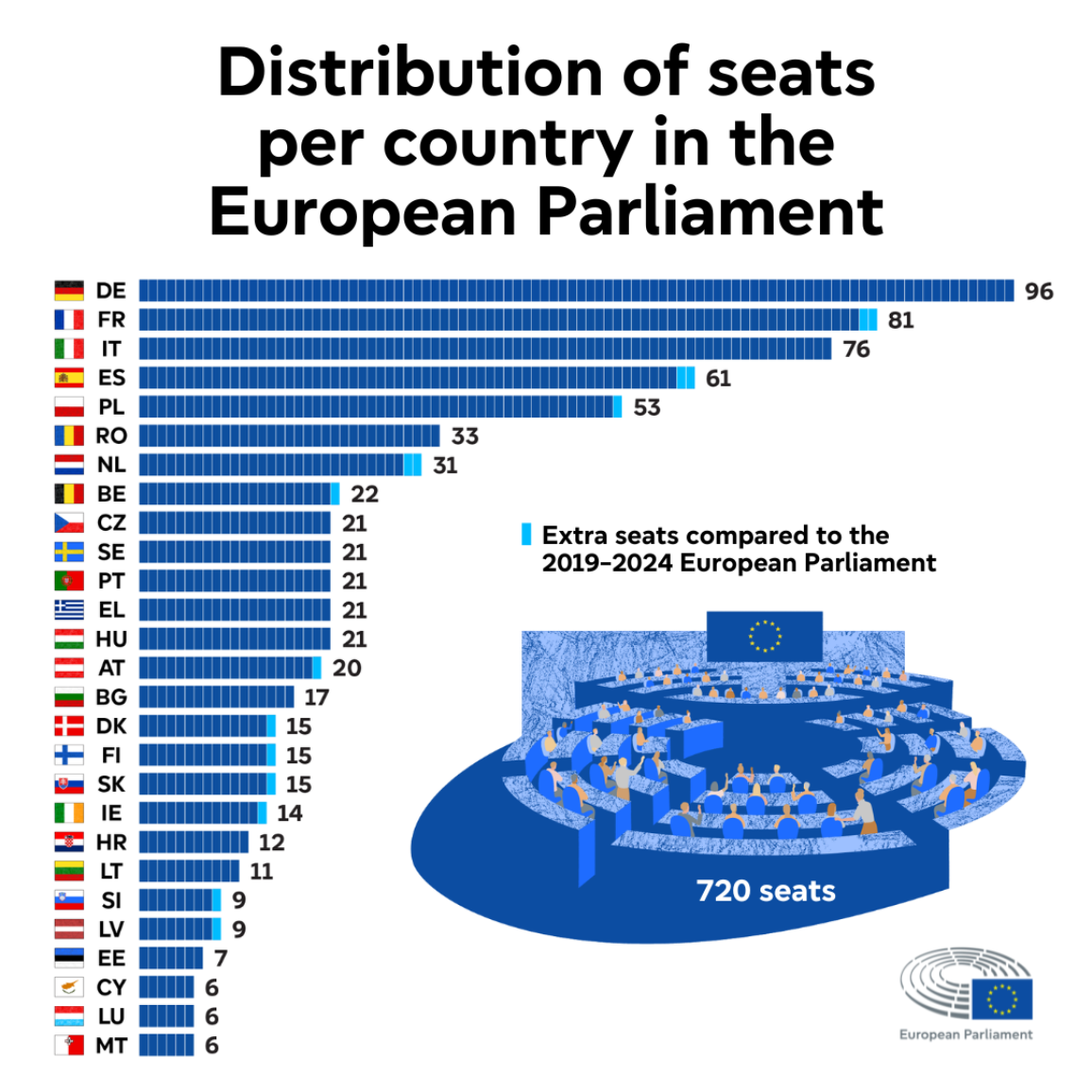
Jade Wong, Senior Fellow, Gordon & Leon Institute
Jul 03, 2024
The transformations spurred by the election are evolutionary rather than revolutionary. This year’s contest was less dramatic than earlier ones and the outcomes were more incremental.
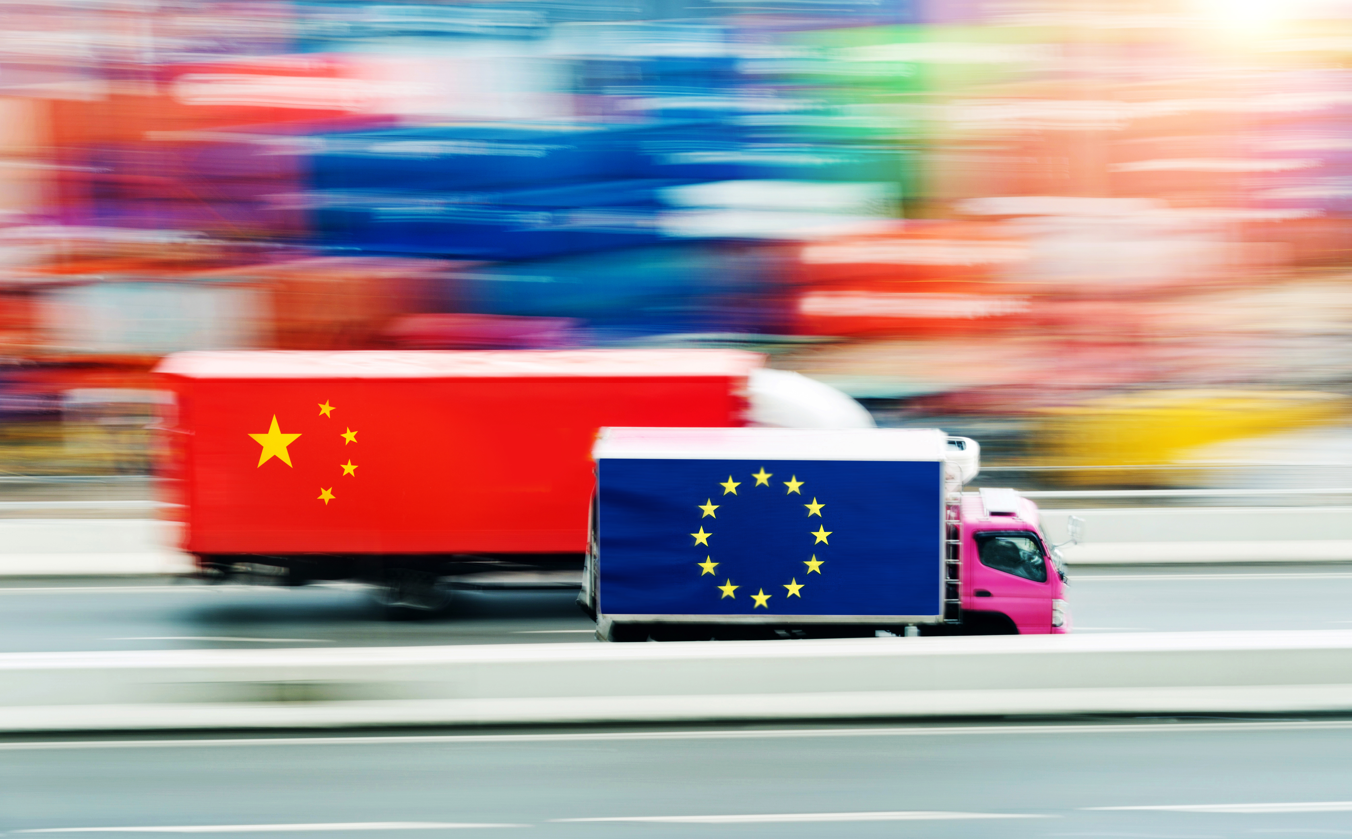
Shang-Jin Wei, Professor, Finance and Economics at Columbia University
Jun 20, 2024
On June 12, the European Union announced new provisional levies on Chinese electric vehicles (EVs), with the tariff level to be based on estimates of how much state support an EV exporter receives. The new tariffs follow from a months-long investigation into China’s use of financial subsidies, and they will be imposed on top of the 10% tariff that the EU already has in place. They are “provisional” because they might be revised downward if Chinese producers can offer evidence that the support they receive is less than estimated. Separately, if the EU can reach an agreement with China to reduce the volume of Chinese EV exports to Europe, the new tariffs may not be implemented.
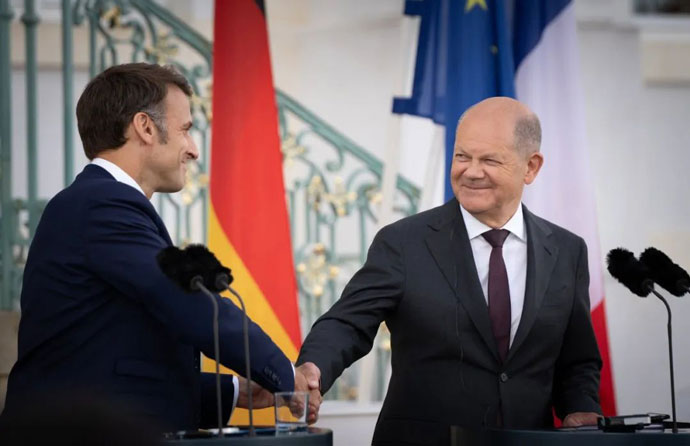
Dong Yifan, Assistant Research Fellow, China Institutes of Contemporary International Relations
Jun 20, 2024
The two countries seek to show their commitment to advancing European sovereignty. Unfortunately, the United States will not allow it, as it believes greater autonomy for Europe would diminish NATO’s influence across the continent.
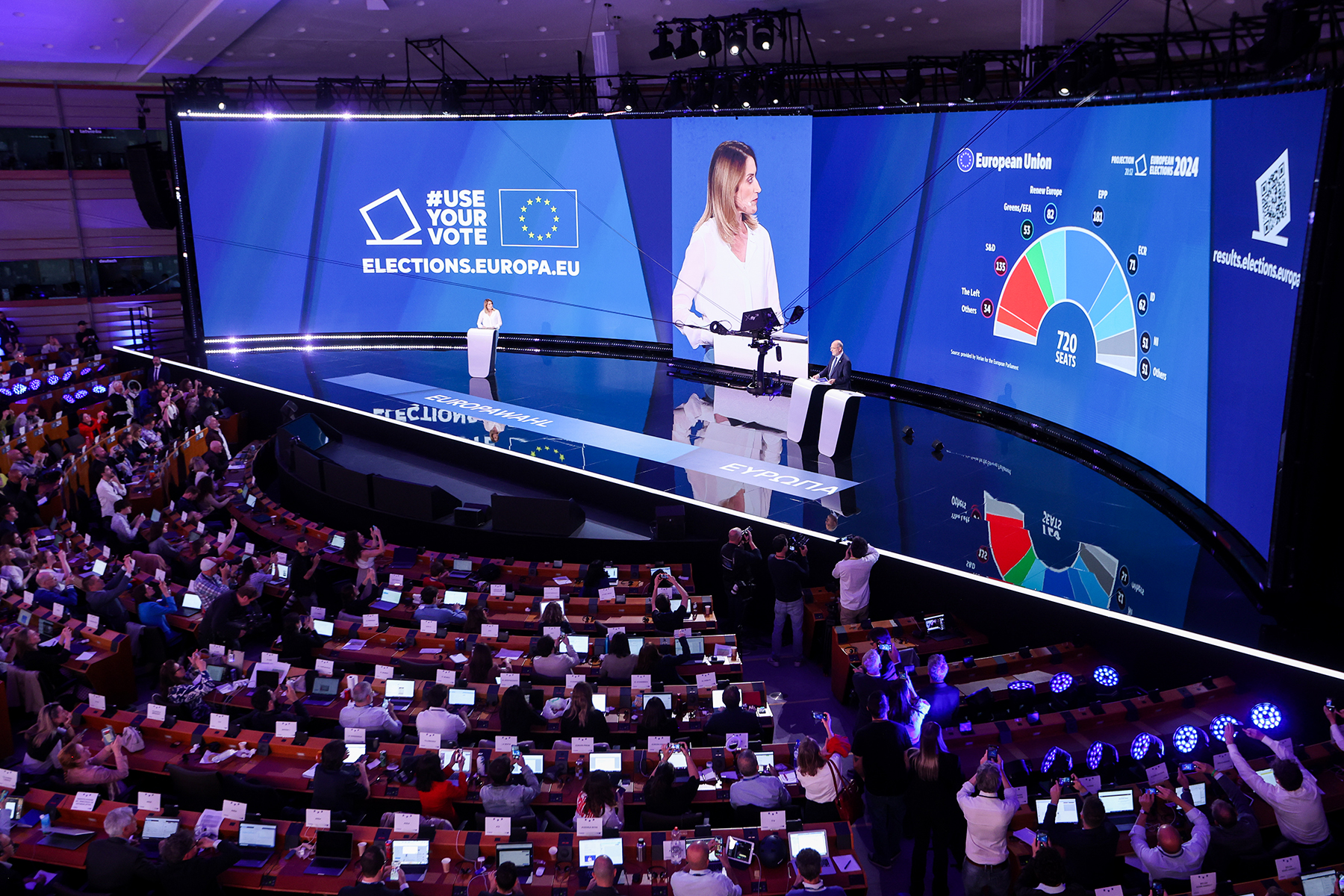
Sebastian Contin Trillo-Figueroa, Geopolitics Analyst in EU-Asia Relations and AsiaGlobal Fellow, The University of Hong Kong
Jun 18, 2024
The 2024 EU’s parliamentary elections warrant deeper scrutiny, highlighting the interplay of national issues and geopolitical factors. The outcome mirrors local political landscapes, suggesting potential changes in EU leadership and policies. The EU’s geopolitical impact remains limited while presenting some challenges for EU-China cooperation and beyond.
Jade Wong, Senior Fellow, Gordon & Leon Institute
Jun 07, 2024
Facing a choice of autonomy or continued dependence on the United States, some factions on the continent seek to avoid that stark choice. In pursuit of a European pillar within NATO, the EU appears to be navigating a middle path.
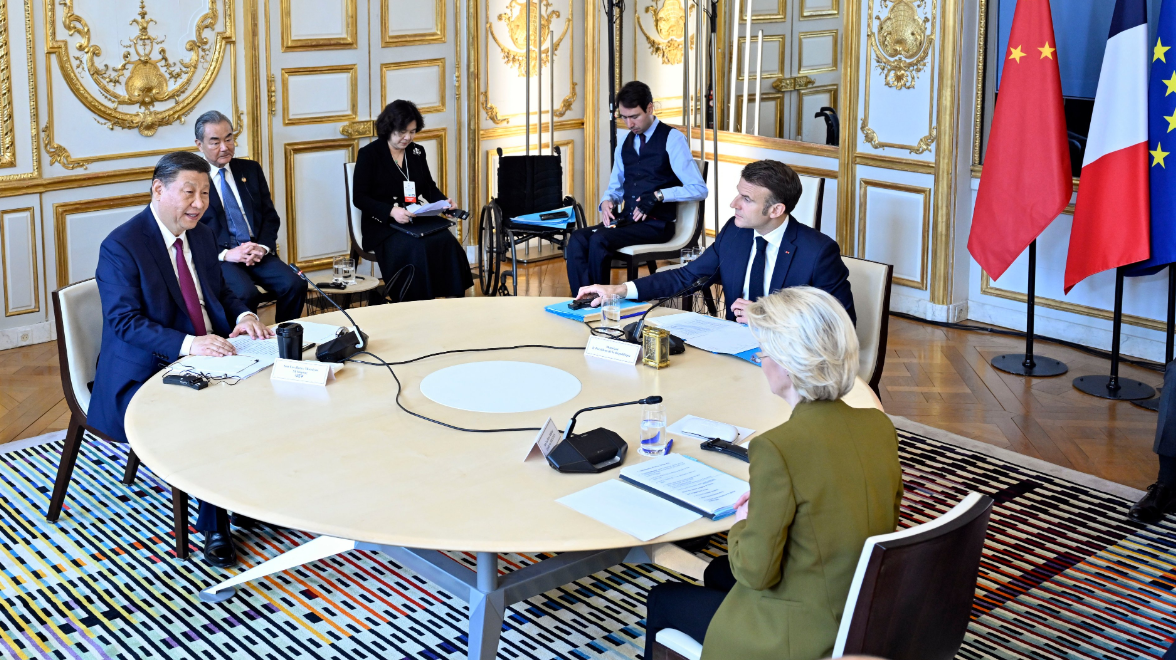
Brian Wong, Assistant Professor in Philosophy and Fellow at Centre on Contemporary China and the World, HKU and Rhodes Scholar
May 30, 2024
For a robust Sino-European partnership, Beijing must recognize European interests, particularly the EU's strategic autonomy and security concerns, and address economic competition while fostering collaborative ventures to repair and enhance bilateral relations.